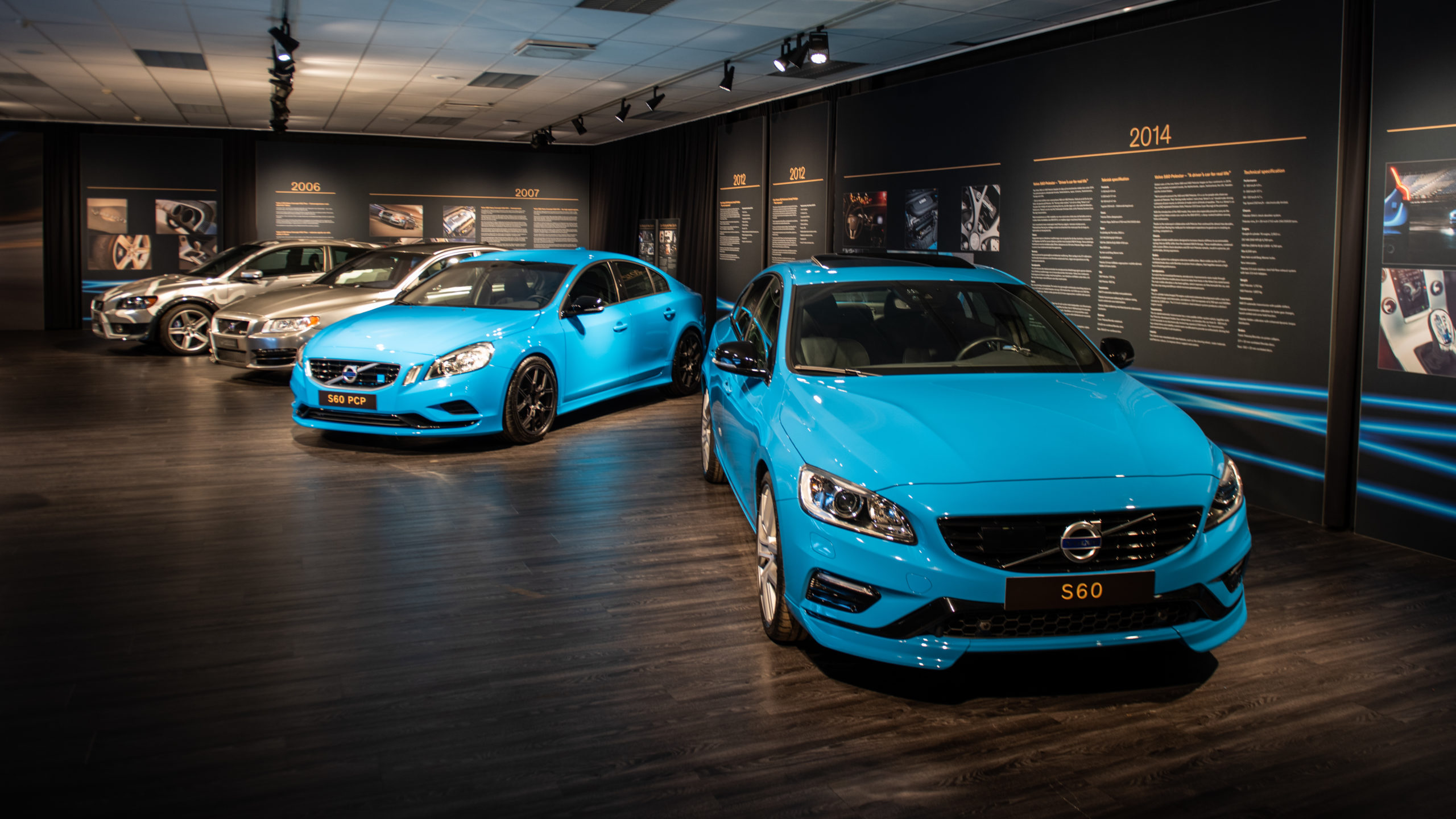
Volvo Cars declares the end of diesel at Climate Week NYC
By 2030, we plan to sell only fully electric cars and by 2040, we aim to be a climate neutral company. That clear roadmap towards all-out electrification represents one of the most ambitious transformation plans of any legacy carmaker. To underline our commitment to those ambitions, today at Climate Week NYC we announce the end of production of all diesel-powered Volvo Car models by early 2024. In a few months from now, the last diesel-powered Volvo car will have been built, making Volvo Cars one of the first legacy carmakers to take this step.
We are fully focused on creating a broad portfolio of premium
This milestone follows our decision last year to exit the development of new combustion engines. In November of 2022, we sold our stake in Aurobay, the joint venture company that harboured all of our remaining combustion engine assets. We are no longer spending a single krona of our R&D budget on developing new internal combustion engines.
“Electric powertrains are our future, and superior to combustion engines: they generate less noise, less vibration, less servicing costs for our customers and zero tailpipe emissions,” says Jim Rowan, Chief Executive at Volvo Cars. “We’re fully focused on creating a broad portfolio of premium, fully electric cars that deliver on everything our customers expect from a Volvo – and are a key part of our response to climate change.”

An urgent need for action
We are all-in on electrification because it is the right thing to do. The recent Global Climate Stocktake report issued by the United Nations underlined the urgency of the climate emergency faced by humanity, as well as the need for action.
“What the world needs now, at this critical time for our planet and humanity, is leadership,” says Jim Rowan. “It is high time for industry and political leaders to be strong and decisive, and deliver meaningful policies and actions to fight climate change. We’re committed to doing our part and encourage our peers as well as political leaders around the globe to do theirs.”
To further emphasise this point, our chief sustainability officer Anders Kärrberg will attend an event organised by the Accelerating to Zero (A2Z) Coalition at this year’s Climate Week NYC. Launched at the COP27 climate summit, the A2Z Coalition provides a multi-stakeholder platform for signatories of the Glasgow Declaration on Zero Emission Vehicles, of which we are one.
A changing outlook
Our decision to completely phase out diesels by early 2024 illustrates how rapidly both the car industry and customer demand are changing in the face of the climate crisis. Only four years ago, the diesel engine was our bread and butter in Europe, as was the case for most other carmakers. The majority of cars we sold on the continent in 2019 were powered by a diesel engine, while electrified models were only just beginning to make their mark.
That trend has largely inverted itself since then, driven by changing market demand, tighter emission regulations as well as our focus on electrification. The majority of our sales in Europe now consists of electrified cars, with either a fully electric or plug-in hybrid powertrain. Less diesel cars on the streets also has a positive effect on urban air quality; while diesels emit less CO2 than petrol engines, they emit more gases such as nitrogen oxide (NOx) that have an adverse effect on air quality especially in built-up areas.

